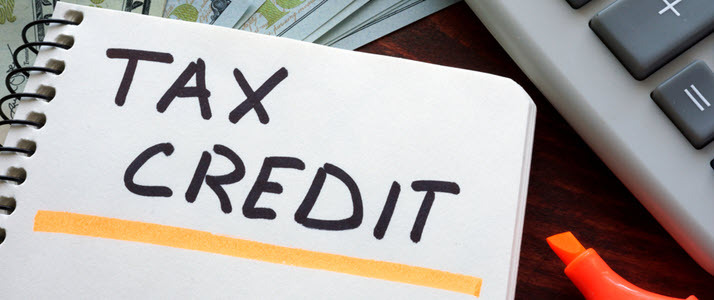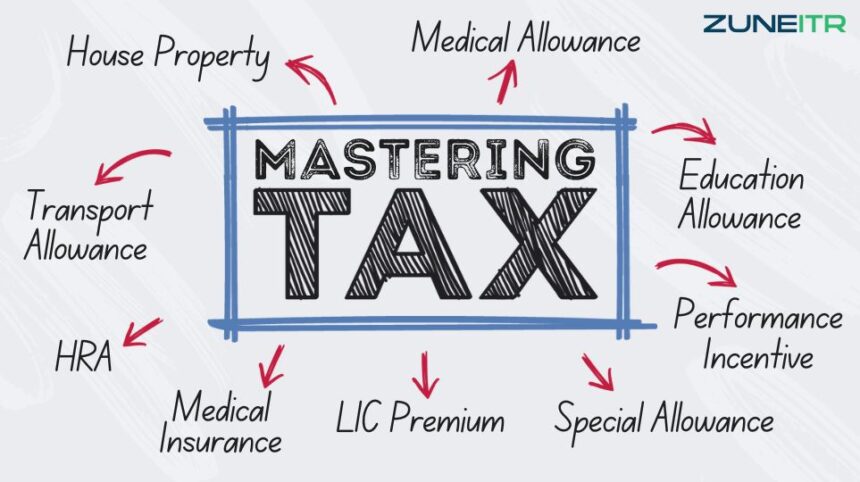Tax planning is an essential financial strategy that can significantly impact how much you pay in taxes each year. Whether you’re an individual or a business owner, effective tax planning can help you reduce your tax liability, maximize your returns, and ensure you’re complying with tax laws. Understanding the basics of tax planning is the first step toward making informed decisions that can put more money back in your pocket. In this comprehensive guide, we’ll explore the key elements of tax planning and how you can optimize your strategy to ensure you get the most from your returns.
What is Tax Planning, and Why Does It Matter?
At its core, tax planning is the process of organizing your financial activities in a way that minimizes your tax liability. This includes taking advantage of tax deductions, credits, exemptions, and other opportunities that the IRS provides to reduce your taxable income. The goal of tax planning is not only to comply with tax laws but to also optimize your financial situation by paying the least amount of taxes legally possible.
Proper tax planning involves considering your financial goals and structuring your income, investments, and expenses to align with tax-saving strategies. For individuals, this might mean contributing to retirement accounts like IRAs or 401(k), while business owners may benefit from understanding deductions for business expenses, depreciation, and other tax incentives. The sooner you begin planning for your taxes, the more you can take advantage of potential savings and deductions.
The Importance of Early Tax Planning
One of the most common mistakes taxpayers make is leaving their tax planning until the last minute. Waiting until tax season to start thinking about your taxes can lead to missed opportunities and costly mistakes. By proactively planning throughout the year, you can strategically adjust your financial activities to optimize your tax situation. This might mean shifting income or accelerating deductions in a particular year, depending on your overall financial picture.
Additionally, early tax planning helps you anticipate any changes in tax laws, such as changes to the standard deduction, tax rates, or new credits and deductions. Staying informed about these changes ensures that you’re not caught off guard when it’s time to file your taxes.
Key Tax Planning Strategies for Individuals
For individual taxpayers, there are several key tax planning strategies that can help maximize your returns. Some of the most popular strategies include:
Contributing to Retirement Accounts
Contributions to retirement accounts like IRAs, 401(k), and other tax-advantaged plans can reduce your taxable income. Traditional retirement accounts offer tax deductions on the contributions you make, lowering your overall taxable income for the year. Additionally, contributions made to certain accounts may grow tax-deferred until you withdraw the funds during retirement.
Itemizing Deductions
While the standard deduction can simplify the filing process, itemizing deductions may be more beneficial for certain taxpayers. This strategy allows you to deduct specific expenses such as mortgage interest, medical expenses, state and local taxes, and charitable contributions. By carefully tracking your expenses, you can ensure that you’re taking full advantage of available deductions.
Managing Capital Gains and Losses
If you have investments in the stock market, tax planning can help you minimize the impact of capital gains taxes. A strategy known as “tax loss harvesting” involves selling investments that have lost value to offset gains from other investments. This can reduce the taxable amount of your investment income and potentially result in lower taxes.
Tax Planning Tips for Small Business Owners
If you’re a small business owner, tax planning is especially important. Businesses have a variety of tax deductions and credits available to them, but without careful planning, it can be easy to miss out on these opportunities. Here are a few key strategies for small business owners:
Deducting Business Expenses
One of the biggest advantages of being a business owner is the ability to deduct legitimate business expenses from your taxable income. This includes costs such as office supplies, rent, utilities, and employee wages. By keeping detailed records and planning for these expenses throughout the year, you can ensure you’re taking full advantage of every possible deduction.
Choosing the Right Business Structure
The legal structure of your business can have a significant impact on your tax liability. Sole proprietors, partnerships, LLCs, and corporations all have different tax implications. By consulting with a tax professional, you can determine which structure is best for your business and your tax planning goals.
Understanding Tax Credits and Incentives
In addition to deductions, there are various tax credits and incentives available for businesses. These can include credits for hiring employees, investing in renewable energy, or conducting research and development. These credits directly reduce your tax liability, making them even more valuable than deductions. Make sure to stay informed about the credits that apply to your business.
How to Take Advantage of Tax Credits

Tax credits are an incredibly powerful tool for reducing your tax liability. Unlike deductions, which reduce your taxable income, tax credits reduce your actual tax bill on a dollar-for-dollar basis. Here are a few common credits that individuals and businesses may be able to take advantage of:
Child Tax Credit
For families with children, the Child Tax Credit can provide a significant reduction in your tax bill. This credit is designed to help offset the costs of raising children and is available to taxpayers who meet specific income requirements. For some families, this credit can reduce their tax liability by up to $2,000 per qualifying child.
Education Credits
Education-related tax credits, such as the American Opportunity Credit and the Lifetime Learning Credit, can provide financial relief for those paying for education. These credits help offset the costs of tuition, fees, and other related expenses, making education more affordable and reducing your tax burden.
Energy Efficiency Credits
If you’ve made energy-efficient improvements to your home or business, you may be eligible for credits such as the Residential Energy Efficiency Tax Credit. These credits incentivize investments in renewable energy sources and energy-saving technologies, like solar panels, wind turbines, and energy-efficient appliances.
The Role of a Tax Professional in Your Tax Planning
While many taxpayers can benefit from self-guided tax planning, others may find that working with a tax professional yields better results. A tax professional can help you navigate the complexities of the tax code, identify deductions and credits you may have missed, and offer personalized advice based on your financial situation.
For business owners, a tax professional can also provide valuable insights into how to structure your business, handle payroll taxes, and manage more advanced tax strategies. Additionally, they can assist with long-term planning, ensuring you’re prepared for future changes in tax laws.
Staying Organized for Better Tax Planning
Good tax planning isn’t just about knowing the rules; it’s also about staying organized throughout the year. By keeping track of your receipts, investment statements, and other financial documents, you can ensure that you have everything you need come tax time. Many people find that using tax preparation software or working with a tax professional helps them stay organized and avoid missing out on potential deductions.
Conclusion: Start Planning Today for a Better Tomorrow
Tax planning is an essential part of managing your finances effectively. By understanding the basics of tax planning and implementing strategies to minimize your tax liability, you can maximize your returns and build a strong financial future. Whether you’re an individual taxpayer or a business owner, there are a variety of tax-saving opportunities available to you.
Starting early, staying organized, and considering the help of a tax professional can make a significant difference in how much you pay in taxes each year. By taking a proactive approach to your taxes, you’ll be in a better position to maximize your returns, reduce your liabilities, and reach your financial goals more efficiently.
Remember, tax laws can change from year to year, so staying informed and adjusting your strategy accordingly is crucial. With the right planning and preparation, you can take full advantage of the opportunities available to you, ensuring that you maximize your returns and minimize your tax burden.
